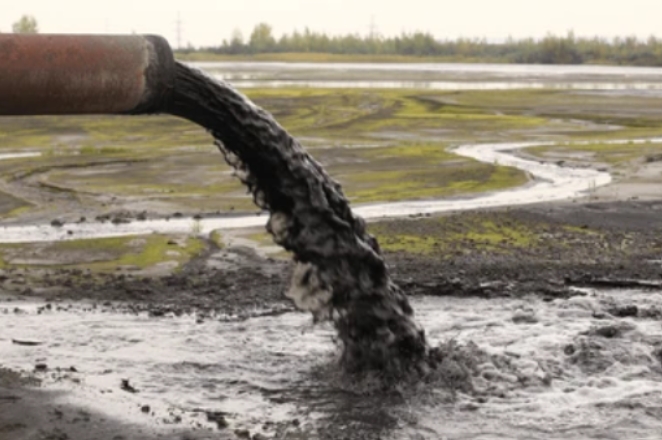Sludge pumps are designed specifically for transporting sludge generated during the treatment process. In system operations, equipment like screw presses, plate and frame filter presses, and belt filter presses produce large amounts of solids and concentrated sludge, which must be efficiently conveyed to storage areas or treatment facilities through sludge pumps.
Sludge Viscosity: Choosing the right pump type is crucial based on the concentration of the sludge. For example, high-viscosity sludge requires powerful screw pumps to ensure smooth transport, whereas low-concentration sludge can be managed with centrifugal pumps.
Abrasion and Corrosion Resistance: Abrasion on the pump body is common when handling sludge in wastewater treatment. Therefore, using highly abrasion-resistant and corrosion-resistant materials is essential for extending the pump’s lifespan. This is especially critical for sludge with chemical components, where corrosion resistance is even more necessary.
Ease of Maintenance: Since sludge pumps often handle high-viscosity sludge, they are prone to clogging and wear. Selecting pumps that are easy to maintain with readily replaceable parts can reduce downtime, enhancing operational efficiency.
Choosing the right water and sludge pumps is crucial for wastewater and pure water treatment in Thailand, as these devices directly impact overall system efficiency and long-term costs. By investing in durable and efficient pumps tailored to specific process requirements, businesses can ensure stable water treatment operations and meet local environmental regulations.
Additional Equipment for Sale: blowers, aeration heads, MBR systems, DAF systems, PH/ORP controllers, RO pure water, EDI ultrapure water, and glass-fused-to-steel tanks (GFS).


